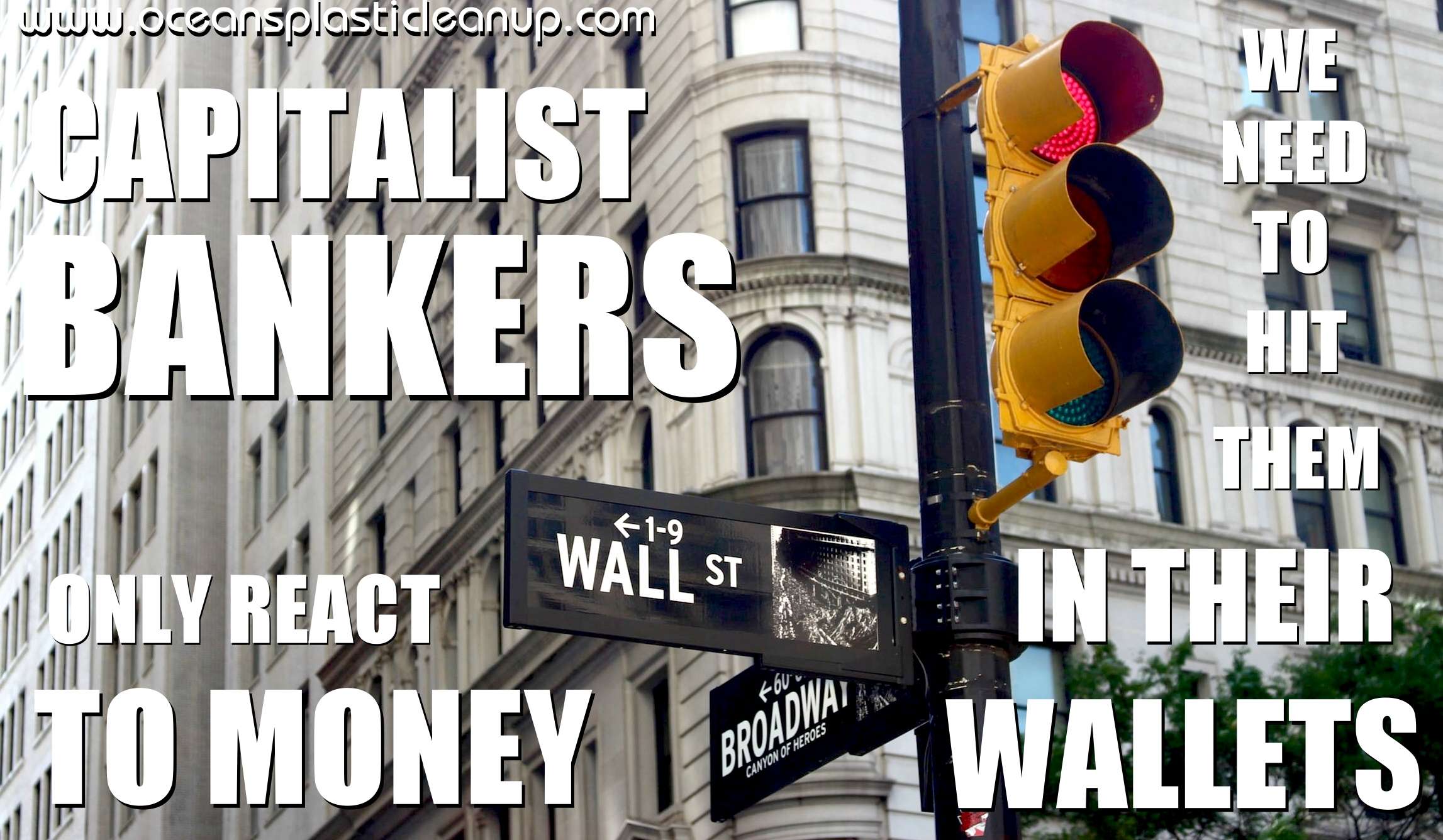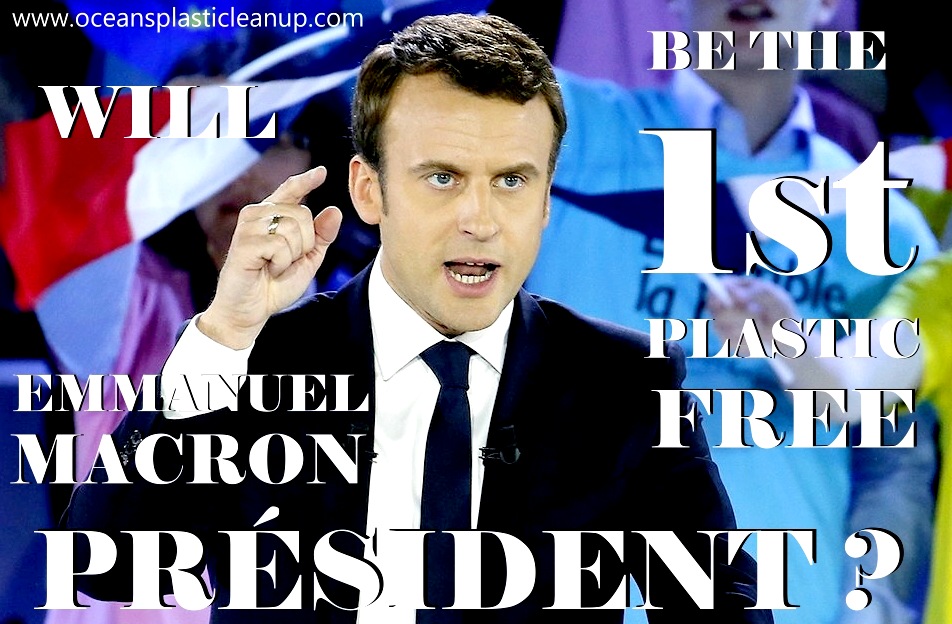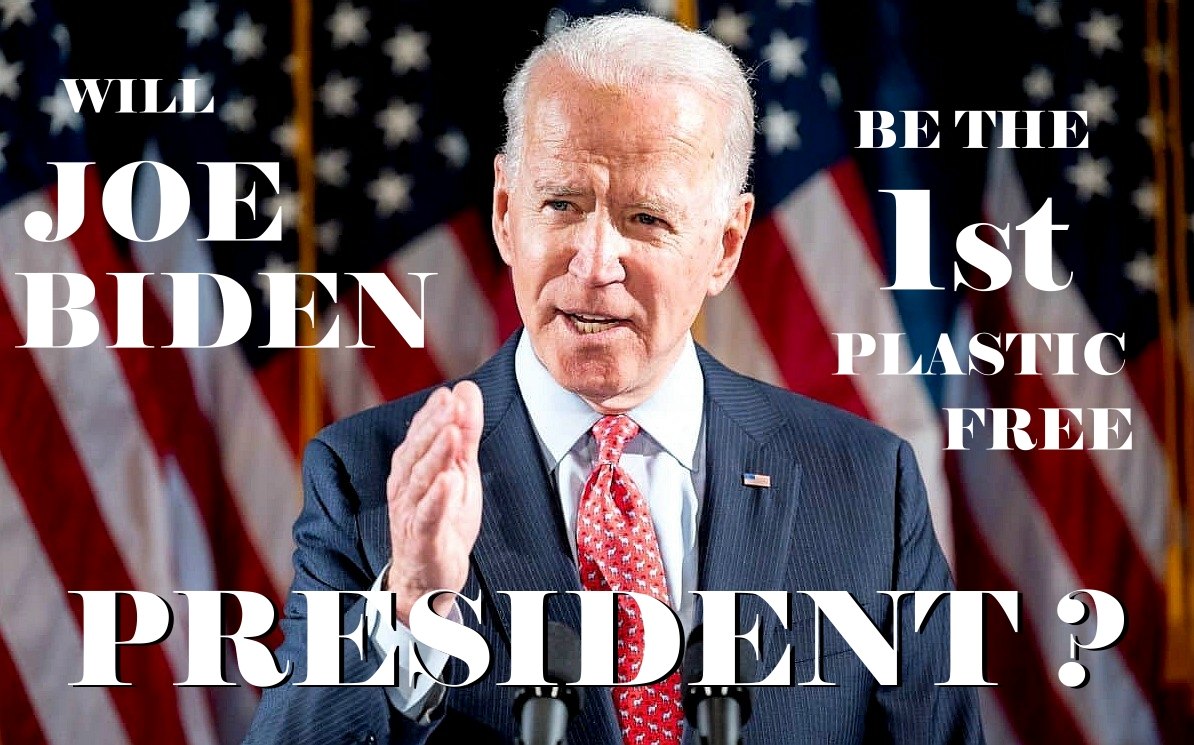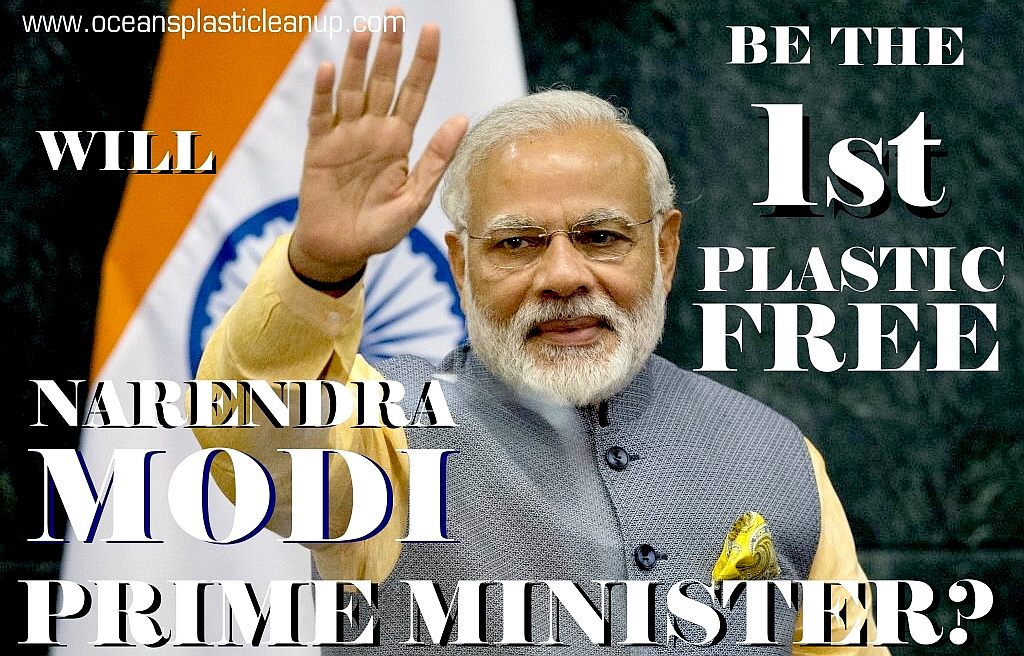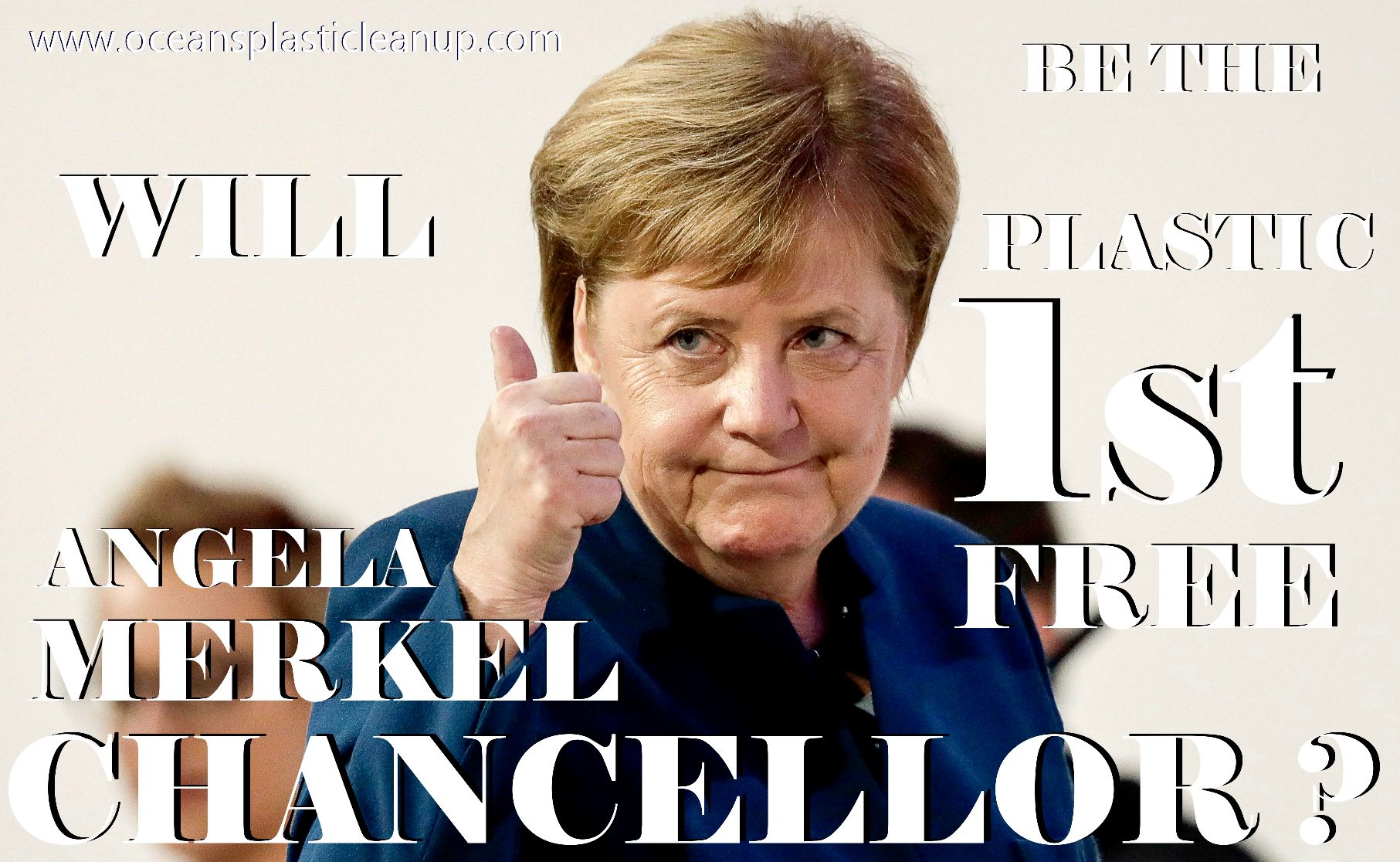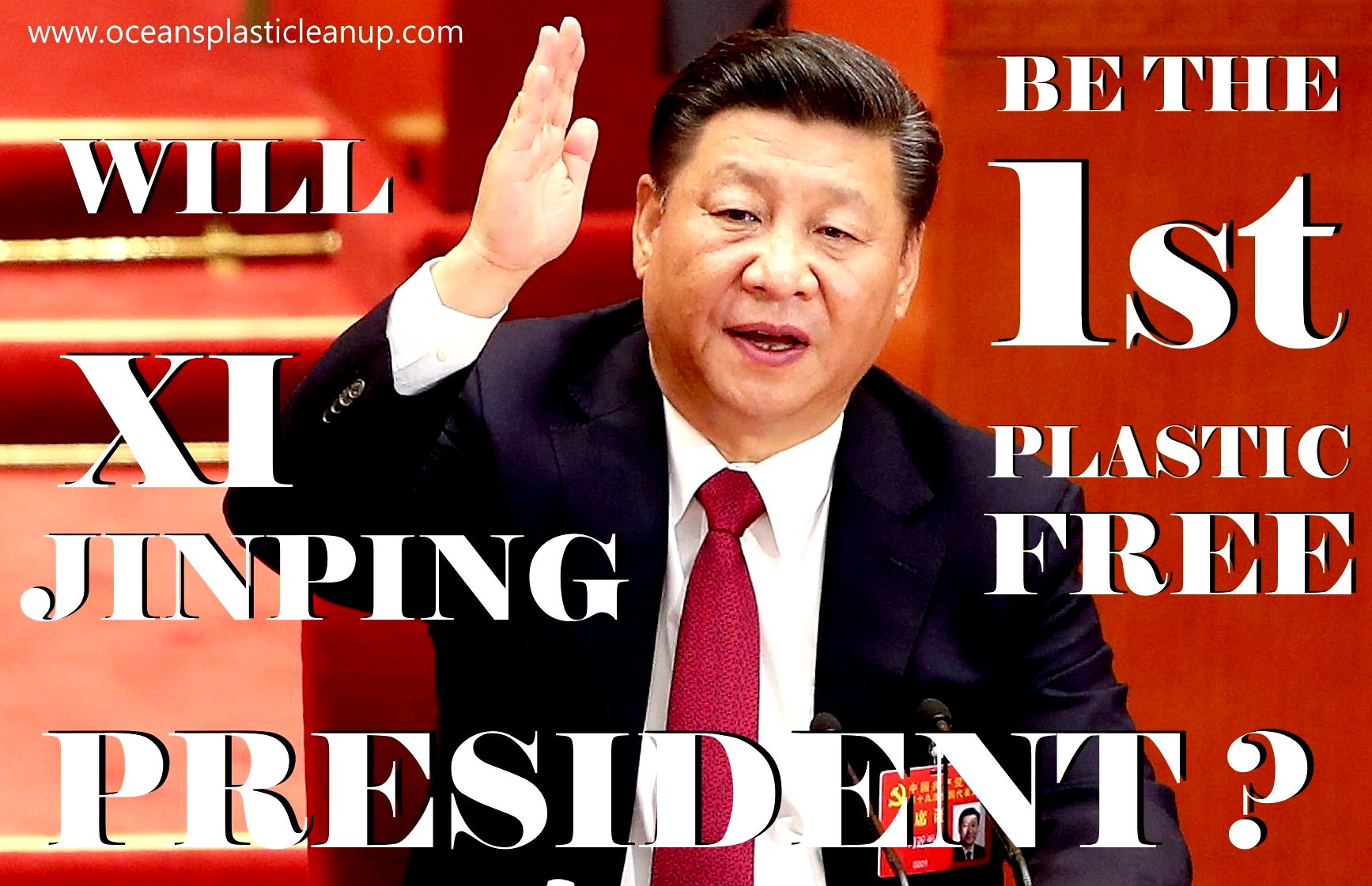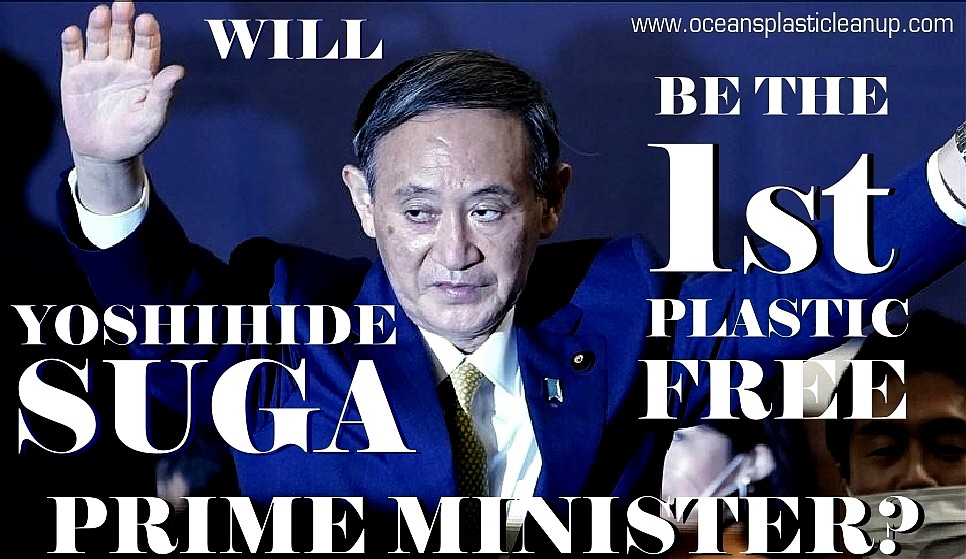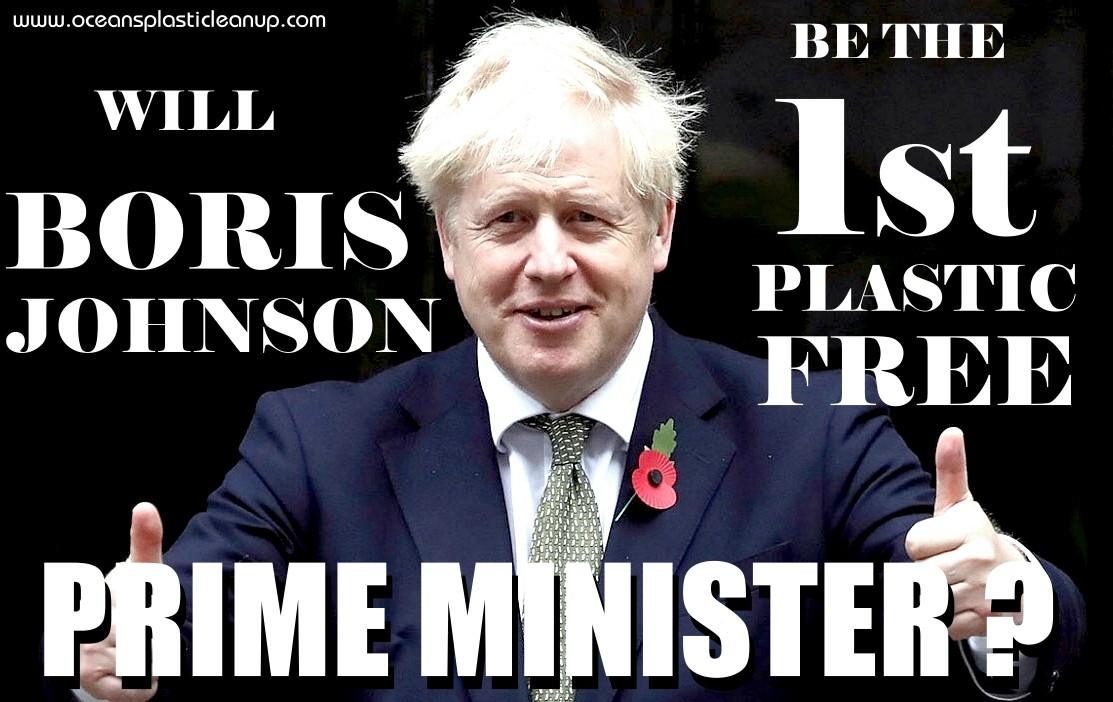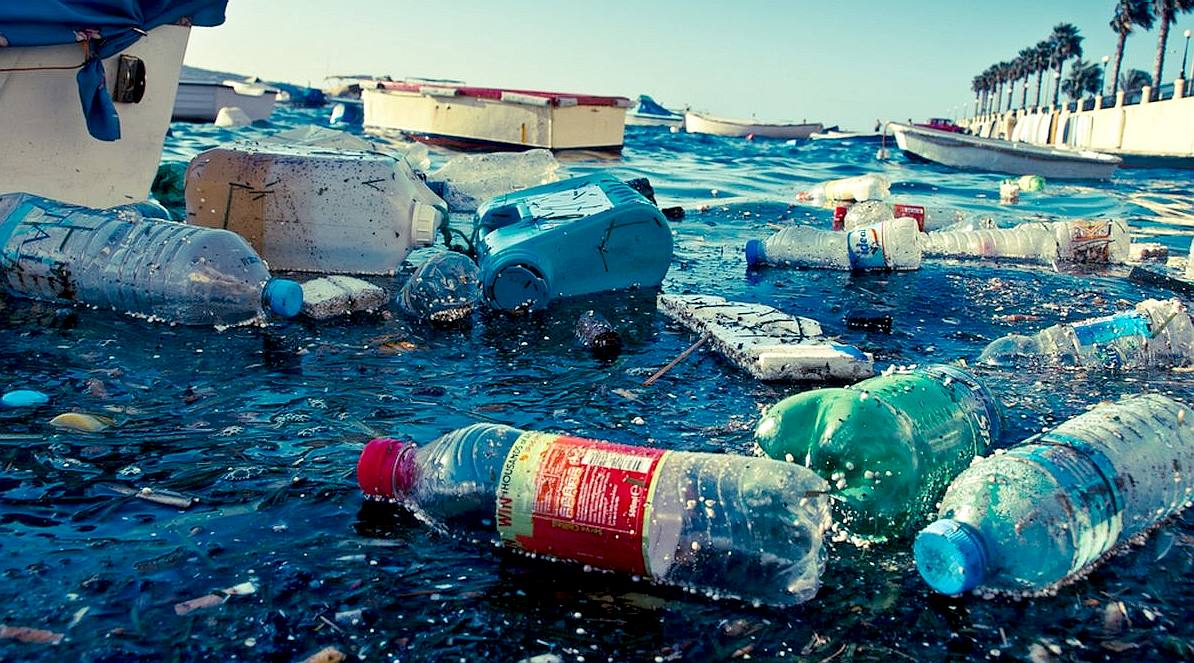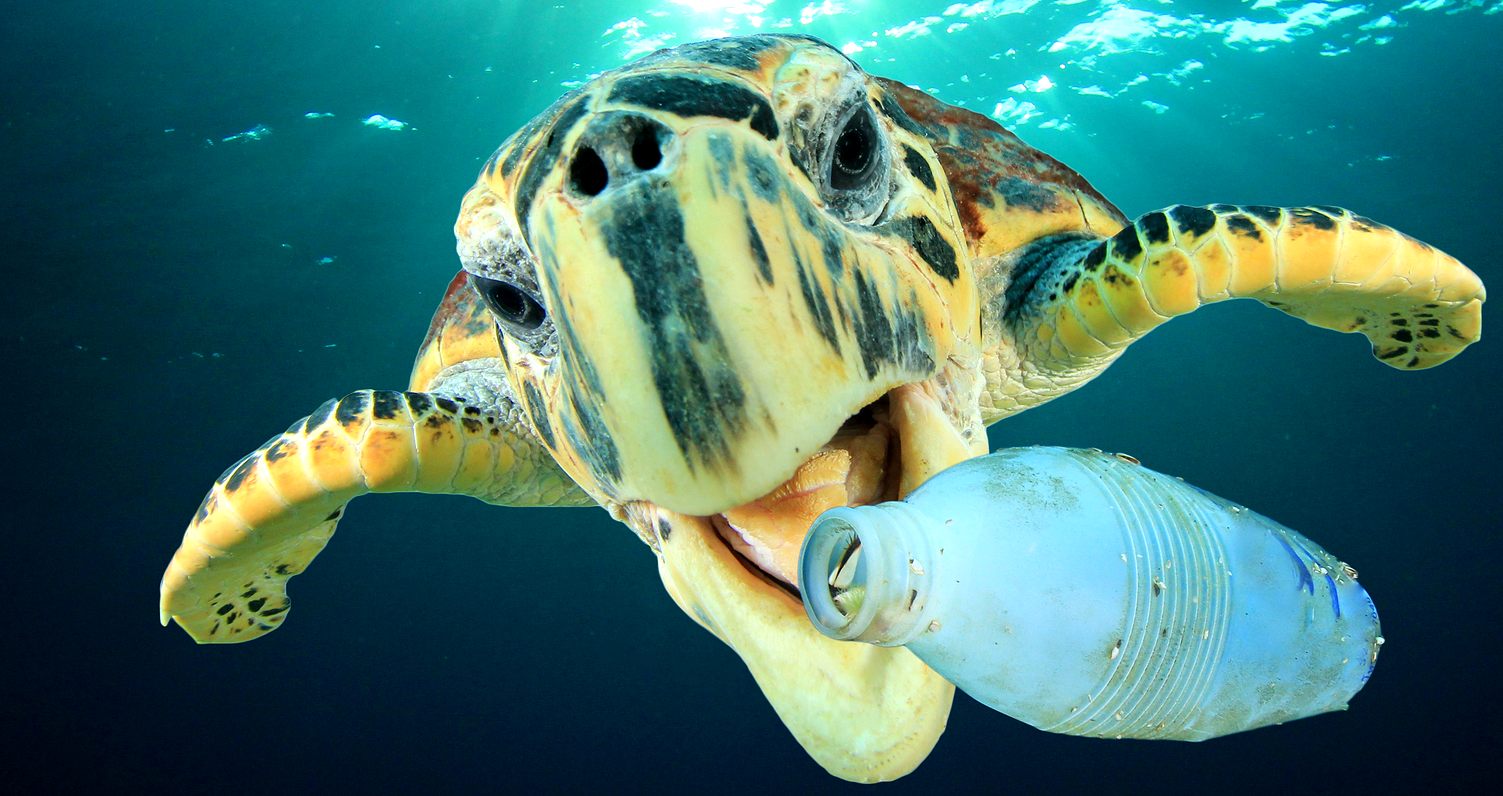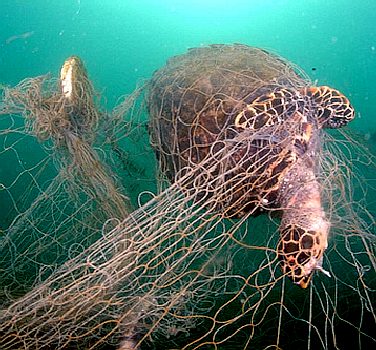|
7. CREDITS - PLASTIC TRADING PBI
PLEASE USE OUR A-Z INDEX TO NAVIGATE THIS SITE, OR SEE HOME
|
|
CAMPAIGN FOR ZERO WASTE - Supermarkets and oil companies have a lot to answer for. Politicians must explain why they let the retailers and fossil fuel industry get away with a practice they know to be harmful to marine life. Companies are largely driven by money and greed, their shareholders often kept in the dark. All the while millions of seabirds are dying, polar bears are playing with plastic and even shellfish have become inedible in some locations. This is morally unsound! Capitalism
As may be seen on this website and many others, plastic as single use bags, bottles, macro and micro fibers are seriously damaging our planet and life thereon. So is carbon dioxide, where credits may be traded as part of the Kyoto and Paris agreements. At the moment there is no such thing for plastic, but according to the Paris Treaty, each Member Nation has a duty to ramp up efforts to reduce climate change - and where plastic is being burned in developing countries to dispose of, then it is possible to link carbon dioxide to plastic production.
Carbon dioxide, as the main greenhouse gas, is valued on the open market at (shall we say) roughly $16 dollars per metric tonne. With 4.6 million tonnes of CO2 being generated by developing nations from said burning, that gives us a baseline $73.6 million dollars to trade offset.
We therefore propose that such a scheme should be introduced, the details of which are only suggested here in draft form as they are developed, and are subject to change to reflect the real world situation:
|
|
ARTICLE 7 (DRAFT)
1. That a Plastic Baseline Index (PBI) should be formulated to be able to value and offset trade plastic per tonne and plastic saved per tonne, in relation to single use and other plastic packaging, where such plastic is not essential to the performance of a product. The object being to create a fund from which the development of a sustainable product delivery system may be better facilitated.
2. The PBI is to be Index 'Cross-Linked' with the Carbon Offset Trading Scheme, where plastic burned in developing nations adds significantly to anthropogenic greenhouse gas output.
3. That in relation to the design of products where the properties of plastic are an essential performance feature, that such products should be designed for recycling, and where recycling is not possible, that the percentage of the product that may not be recycled should attract a plastic tax per tonne in relation to the baseline trading index. (Examples: car bumpers, trims, computers and accessories)
4. That every Member Nation should create a Plastic Monitoring Organization (PMO), for manufacturers to report to in relation to rules 1., 2., and 3., above. That PMO to report data to a/the coordinating department of the UN, that should be created and funded from these proposed actions, with each Member Nation contributing by Agreement (A) or Treaty (T), if not falling under any existing A or T.
5. A move to glass, metal or paper containers, from plastic, should be rewarded in proportion to the volume in tonnes of plastic displaced.
6. Manufacturers of washing machines who introduce micro-fiber filters on their new goods, should be rewarded (able to claim) plastic credits at the rate of each machine sold 'W', multiplied by 2 (family washes) x .02kg (collected micro fibres) x 52 (weeks) x 10 (years lifespan) = 208 million kg x $16 dollars = $3.328 billion dollars. Whereas, machine manufacturers who continue to sell white goods without filters, should be fined a similar amount, based on the average output to any sewage system.
7. That clothing manufacturers who displace plastic fibers derived from oil as the source feed stock, with natural fibers in garments previously sold with a higher plastic content, may benefit from a credit per tonne as per the then currently traded price.
8. Supermarkets who sell their own brand products in plastic wrapping, should pay into the plastic credit trading system per tonne of plastic that falls outside of any recycling and re-processing, such that it is not a sustainable or circular process.
9. Plastic that is recycled should attract a plastic credit per tonne of plastic equal to a $16 dollar baseline index (PBI), that is returned into the system, where it reduces the need to manufacture fresh plastic. The aim being to encourage recycling for a circular economy. The baseline $dollar rate to be agreed by all parties and reviewable.
10. Fresh plastic that is produced for single use plastic wrapping or packaging, that is not destined for use in an accredited recycling programme, should attract a charge of $16 dollars per tonne baseline price index linked and adjusted for trading, for each tonne that cannot be accounted for.
11. Supermarkets that replace single use plastic wrapping or packaging with paper or other natural packaging products should receive a credit in line with the baseline index, per tonne of plastic displaced.
12. That food and other product manufacturers should have a designated person (officer) to report to a Monitoring Organization in the geographical region of the Member Nation.
13. That beach and ocean cleaning operations should be rewarded at the $Baseline dollar rate (PBI) per tonne of collected plastic, to encourage and remunerate voluntary, or the creation of commercial clean up organizations, and to monitor beaches and oceans by way of collected data.
14. That plastic ropes and string or other filament used in the production of fishing gear, should be weighed for tagging purposes, with materials other than polypropylene being clearly stated in percentage terms, such that where alternative materials are substituted, that PBI credits may be applied.
15. Any product containing plastic should be clearly labeled as to plastic content, the type of plastic and whether such plastic is biodegradable or compostable, and the expected number of years for decomposition, such that consumers might reasonably be able to make an informed choice when choosing between products. A complex product such as a vehicle might include the different types of plastic used, including and especially relating to the tyres the vehicle manufacturer specifies, such as to maintain the stated rating.
16. Aftermarket and regular service items for vehicles, especially tyres, must be clearly labeled as to plastic content and wear rates (shredding) as opposed to grip. Tyres with significantly lower wear rates in relation to a standard tyre, the baseline for which is to be established from an average derived from the present offerings, will attract a PBI credit. Tyres with significantly higher, or 100% biodegradable/compostable plastic content, will also attract a PBI credit on a sliding scale.
17. There should be a ban (Basel Convention principle) on the export of plastic rubbish from one country to another, save for where the receiving country has a certified capacity for recycling pure and unmixed waste without burning, such capacity to be monitored by way of a plastic passport. Where no such facility exists, carbon credits should be added to plastic credits in connection with such exports by way of a penalty to discourage such practices, quadrupling the PBI credit, from the baseline $16 per tonne, to $64 per tonne, to be settled before such (checked) plastic waste may be loaded for export. The country receiving such plastic waste for disposal, should be penalized in terms of carbon credits relating to other offset projects (aid) they may be the beneficiary of, at the rate of $32 per tonne, to discourage anti global warming practices and remove any profit incentive as to (effectively) dumping.
18. Any product containing plastic should be clearly labeled as to the ability to recycle and if that product is included in a re-processing or plastic recovery scheme to be sustainably recycled. This should include the number of reprocessing cycles before end of life and how any residual waste is to be finally disposed of.
19. That these Rules may be the subject of reflection, revision and refinement at least every 3 years based on data monitoring, as deemed appropriate, the aim being to ensure CO2 reduction in line with the Paris Treaty, and the elimination of ocean plastic waste in the creating of a circular plastic economy.
1.
Supermarket packaging transformation (back) to paper predominantly
|
|
HELP US LOBBY FOR A CHANGE IN THE LAW - OUR 7 POINT PLAN (SDG14)
We need tougher MARPOL legislation and enforcement, to prevent plastic from rivers flowing into the sea. We implore you to write to your MP, Senator, Prime Minister, President, Queen or King, to ask them to agree to introduce laws and rules that make it illegal in their countries to allow river waste (including microplastics) into territorial waters - and from there into international waters. A law like this is sure to trigger the introduction of monitoring, barriers and cleaning operations with equitable rewards for any organization providing such services. So far your leaders have demonstrated that they don't give a jot, and will not tackle the monopoly enjoyed by their political backers.
INDUSTRY
Manufacturers
should look to replace single use plastic in packaging wherever
practical. Supermarkets should look for alternative packaging if it
would not detract from the quality of produce or make them
uncompetitive. They might support a
plastic-oil circular economy with recycling depositories at their stores.
INDIFFERENCE - Tangled in a societal maze and cemented by big business oligarchs, what chance does an oyster or muscle stand, let alone a turtle, where they cannot speak, write, or vote.
You can speak for them by not purchasing goods in packaged in plastic, unless it is responsibly recycled, and by fitting a filter to your domestic machines, where they empty to a sewage treatment system.
GOVERNMENT APATHY
Governments simply don't care enough at the moment to revise their policies, because it's cheaper to take a dump in the ocean and heaven forbid, spend money on filtration for the sake of biodiversity. Politicians are reeling from climate change, they know that nobody can see them dumping waste in the oceans, and it underpins their frail economies to continue to do so - for the sake of getting re-elected.
It's all about power, not lives. They will continue to slaughter defenseless animals, so long as the electorate continue to do nothing. Doing nothing is the same as agreeing with the slaughter.
That is why we had World War Two, the moral
world finally had to act to stop Nazi
Germany invading and taking over the less able to defend their policies in Europe,
leading to concentration
camps, to eliminate political opponents and genocide
on an industrial scale. The perceived apathy will only change with a food crises and poisoned fish being declared carcinogenically inedible by the World Health Organization. I.e. with cancer victims falling like Covid-19 victims, taking up hospital beds. And even then that will only be because of the rising Healthcare bills.
Governments actually seem to like it when elderly vulnerable patients bite the dust early, because they can't tax them anymore. It's a virtual eugenics, or ethnic cleansing programme, but legal. Or is it. Is it legal to engineer a situation where people die earlier?
LINKS
https://www.oceancleanwash.org/ HARBOURS - The ocean washes up a small percentage of plastic flotsam to remind us of our sins. All the beach and marina cleaning is unable to keep up with the dumping in our rivers, which ends up swirling about the seven seas.
|
|
|
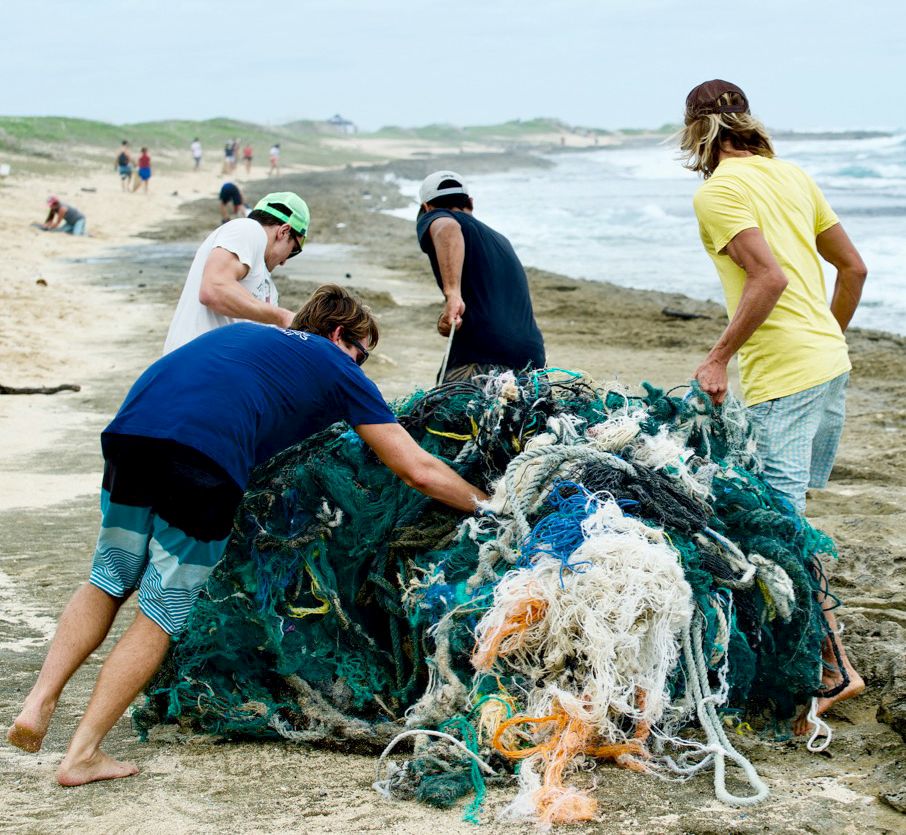
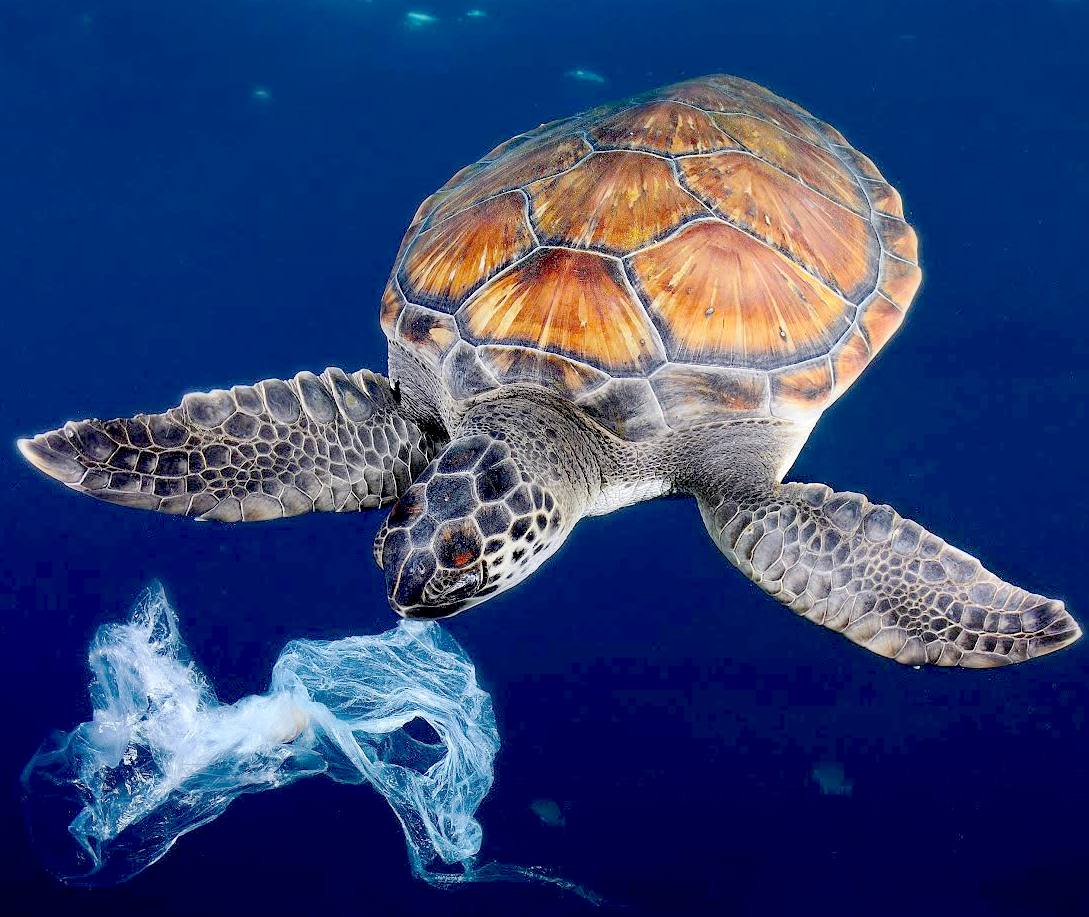
PLASTIC SNACKS - Below the waves and out of sight, marine life is eating plastic like there is no tomorrow, and there may well be, if nothing is done about it. Nets are trapping and suffocating wildlife and beaches are strewn with fishing discards and plastic flotsam. Big business is responsible, but not so much as the politicians who allowed this situation to develop.
|
|
|
PLEASE USE OUR A-Z INDEX TO NAVIGATE THIS SITE
This website is provided on a free basis as a public information service. copyright © Cleaner Oceans Foundation Ltd (COFL) (Company No: 4674774) 2021. Solar Studios, BN271RF, United Kingdom. COFL is a company without share capital whose founding objects are charitable, being not-for-profit.
|
